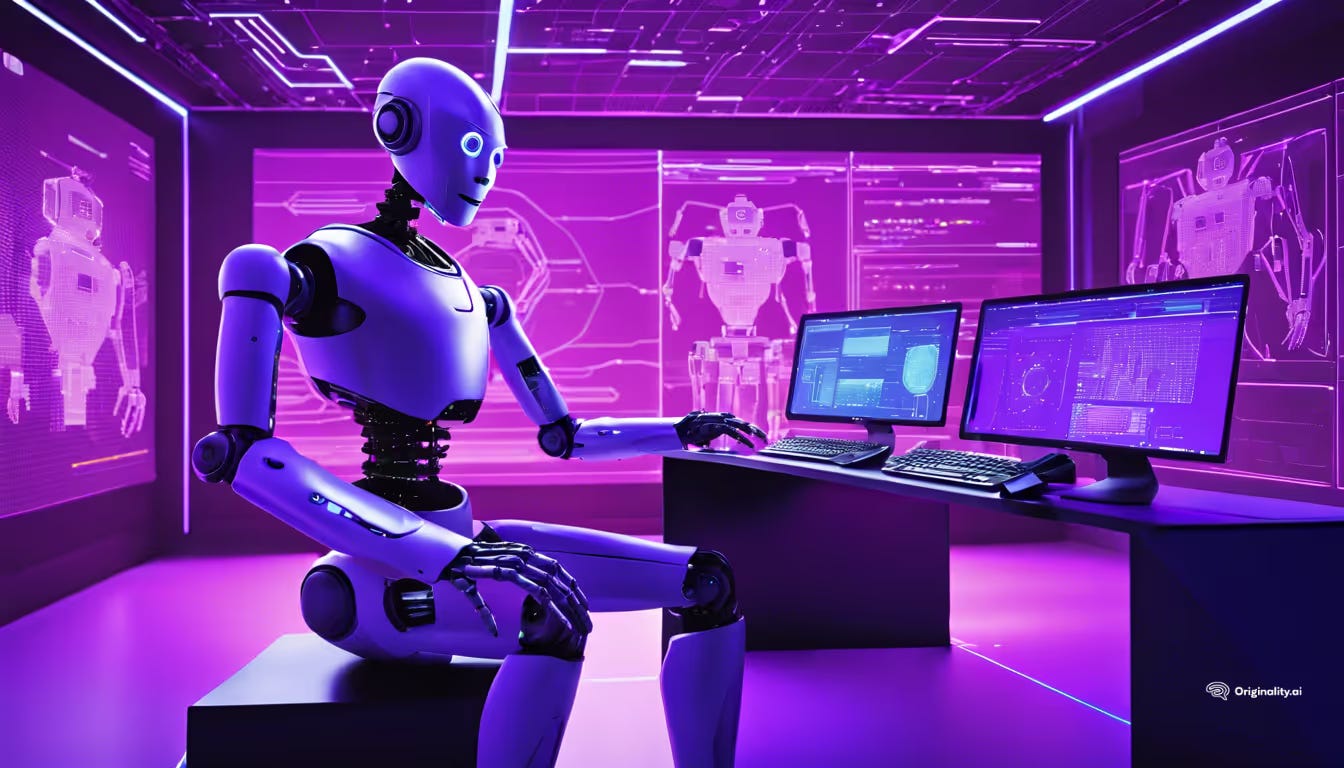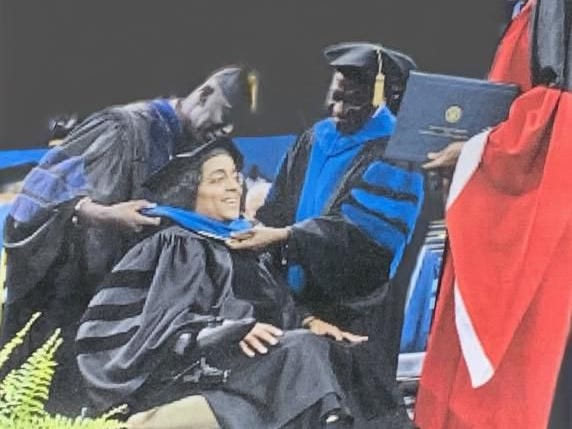The Modern Doctoral Journey: Navigating Academic Integrity in the AI Era
Part 1: Foundations of Academic Integrity in the Digital Age
Navigating Academic Integrity in the AI Era
Over the next four parts, we'll explore the essential aspects of maintaining academic integrity while leveraging digital tools and AI in doctoral research. This series is designed specifically for doctoral students navigating the complex landscape of academic writing in the digital age.
Series Overview: Part 1: Foundations of Academic Integrity in the Digital Age Part 2: Mastering Plagiarism Detection Tools Part 3: AI Tools in Academic Writing: Friend or Foe? Part 4: From Dissertation to Publication: Maintaining Academic Integrity
Part 1: Foundations of Academic Integrity in the Digital Age
Expected Learning Outcomes: By the end of this part, you will:
Understand the evolving landscape of academic integrity in the digital era
Recognize different types of plagiarism and their implications
Develop strategies for maintaining academic integrity
Create a personal academic integrity toolkit
Establish best practices for documentation and attribution
Introduction: In today's digital academic landscape, maintaining academic integrity while leveraging modern tools has become increasingly complex for doctoral researchers. As we advance in the digital age, the intersection of traditional academic writing and artificial intelligence presents both opportunities and challenges that demand our attention.
Academic integrity remains the cornerstone of scholarly work, particularly at the doctoral level where researchers are expected to contribute original knowledge to their field. However, the landscape of academic writing has evolved significantly with the emergence of sophisticated digital tools, AI-powered writing assistants, and advanced plagiarism detection systems.
The digital transformation of academic writing has brought about several key developments:
Increased accessibility to global research and publications
Advanced tools for detecting similarity and potential plagiarism
The emergence of AI-powered writing assistants
New challenges in defining original work
Enhanced requirements for transparency and attribution
For doctoral students in STEM education, these developments present unique considerations. While technological tools can streamline the research and writing process, they also raise important questions about originality, attribution, and the appropriate use of AI-assisted tools in academic work.
Core Content:
The Evolution of Academic Integrity
Traditional concepts vs. modern challenges
Impact of digital accessibility
Role of AI in academic writing
Current institutional policies and guidelines
Understanding Modern Plagiarism
Traditional forms of plagiarism
Digital-age plagiarism concerns
AI-generated content considerations
Self-plagiarism in the digital era
Building Your Academic Integrity Framework
Personal documentation systems
Citation management strategies
Source verification methods
Digital tool integration
Essential Tools for Modern Doctoral Students
Reference management software
Note-taking systems
Version control tools
Backup strategies
Best Practices for Digital-Age Research
Documentation protocols
Attribution strategies
Collaboration guidelines
Digital footprint management
Take-Home Messages:
Start Right: Establish your academic integrity system before beginning your research
Stay Organized: Implement robust documentation practices from day one
Be Proactive: Regular integrity checks should be part of your workflow
Stay Informed: Keep up with evolving institutional policies on AI and digital tools
Build Habits: Develop consistent practices for attribution and documentation
Action Items Checklist:
Set up a citation management system
Create a research documentation template
Establish a file naming convention
Implement a backup strategy
Review your institution's AI usage policies
Resources for Further Reading:
"Academic Integrity in the Age of AI" by EDUCAUSE Review (2023)1 Essential reading for understanding how AI is reshaping academic integrity policies and assessment methods in higher education. Provides practical solutions for maintaining academic standards while leveraging AI tools.
"The Complete Guide to Academic Integrity" by The Center for Academic Integrity (2023)2 A comprehensive resource that covers fundamental principles of academic integrity, including detailed guidelines for digital tool usage and AI integration in academic work. Particularly valuable for its coverage of emerging challenges in the digital age.
"Citation Management Tools: A Practical Guide for Researchers" by Joe Riad (2024)3 An in-depth comparison of popular citation management tools with practical tips for choosing and implementing the right solution for your research workflow. Includes user experiences and best practices.
"Writing in the Age of AI: Guidelines for Academic Authors" published by IEEE4Current guidelines on AI usage in academic writing, including disclosure requirements, ethical considerations, and best practices for maintaining academic integrity while using AI tools.
Preview of Part 2: In our next installment, we'll dive deep into plagiarism detection tools, focusing on Turnitin and other popular platforms. We'll explore how to interpret similarity reports, understand false positives, and effectively use these tools to strengthen your academic writing.
Questions for Reflection:
How has your approach to academic integrity evolved in the digital age?
What challenges do you face in maintaining academic integrity while using digital tools?
What systems do you currently have in place for managing sources and citations?
Share your thoughts and experiences in the comments below. Your insights might help fellow doctoral students facing similar challenges.
Professor Moustapha Diack is a global leader in the fields of Open Education Practices (OEP) and Artificial Intelligence for STEM Education (AI4STEM)





L'avantage est que l'information est de plus en plus accessible et suffisante.
L'inconvénient c'est la paresse qui renait. Ces informations "gratuites" devant nous avec une "réflexion artificielle" et peu profonde de notre part font que l'intégrité académique se dégradent avec les outils numériques.